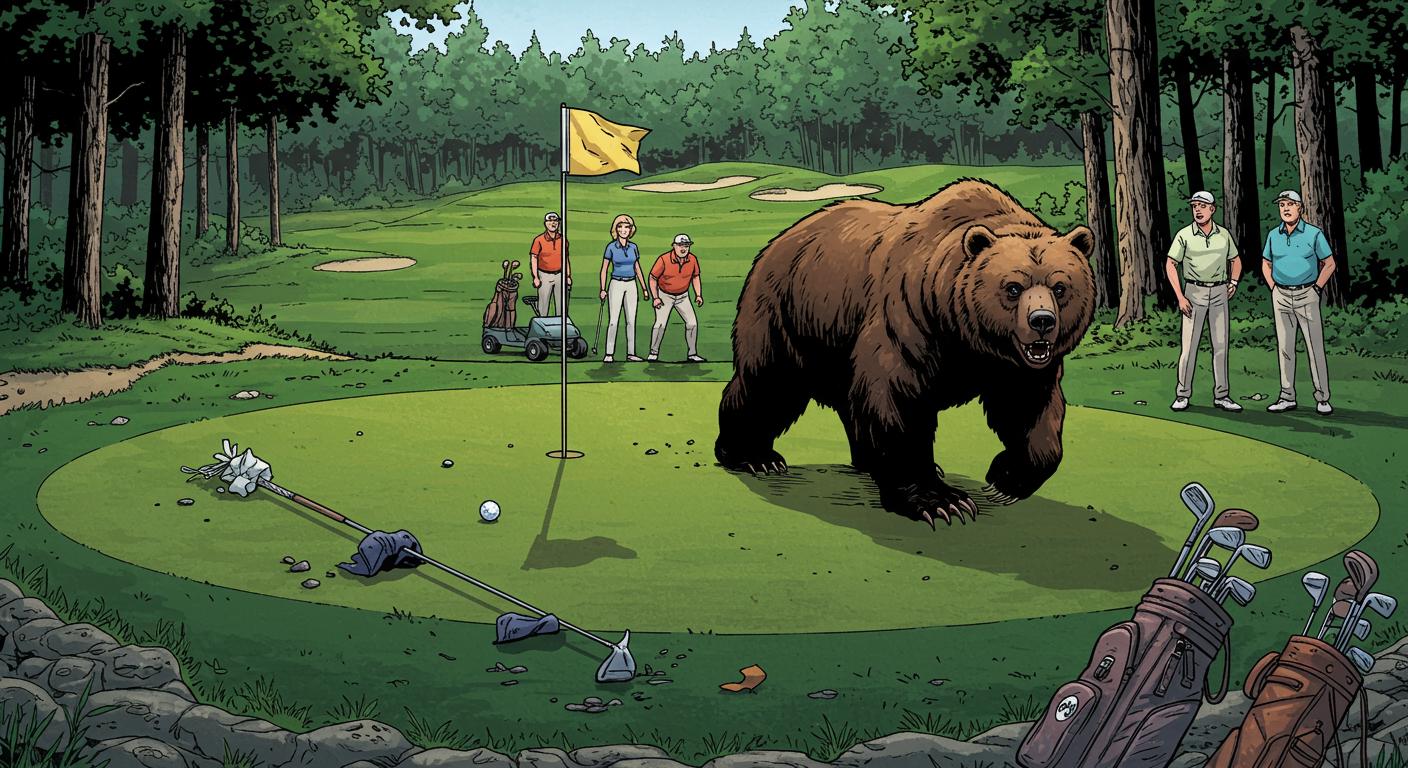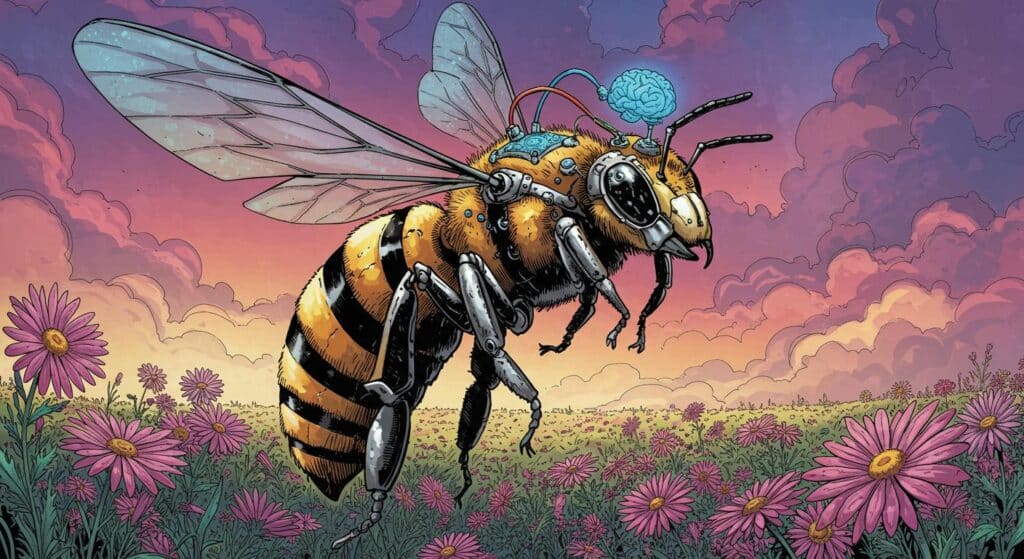Golf, with all its intricately manicured greens and whispered etiquette, usually conjures up images of carefully aimed drives—not sudden wildlife plot twists. Yet, as UPI reports, the Meiji Yasuda Ladies tournament in Japan found its opening act canceled, not due to inclement weather, but because a bear sauntered too close to the fairway for anyone’s comfort. This is, astonishingly, not even the first time in recent memory such an interruption has taken place.
Fore! Bear on the Green
On Wednesday morning at the Sendai Classic Golf Club, a bear was spotted near the very first tee—what some might call an “uninvited participant” with decidedly unconventional putting skills. According to organizers quoted on the tournament website and cited by UPI, this close encounter prompted them to cancel the scheduled pro-am tournament “to protect the safety of the participants, players and staff.” The opening day of the JLPGA Tour event, originally set for Thursday, was also scrapped—leaving hopeful golfers and spectators alike pondering the hazards that no amount of course design can anticipate.
Direct footage of the bear wasn’t available, but one suspects the animal’s interests leaned more toward berries than birdies. Still, the ripple effect was immediate: as noted by UPI, the professional tournament would go ahead Friday, but with one significant change—no live audience. It can’t help but raise the question: do bears even follow golf etiquette, or is wandering onto the links simply par for the course in their world?
Not Just a One-off: When Wildlife Reclaims the Green
This bear sighting marks the second time within two months that an ursine visitor has halted a major golf event in Japan. CBS News reports that the Twinfield Ladies tournament in Komatsu had its final round called off in May after another bear’s unexpected appearance. One begins to wonder if there’s an informal “Bear Open” running concurrently with Japan’s professional women’s tour.
And it’s not just golf courses. CBS News documents an incident as recent as June, when a bear on the runway at a Japanese airport forced a full closure and grounded flights. Clearly, Japan’s bear population is finding new territory on turf once thought exclusively human.
Bear Encounters: A Growing Pattern
Far from isolated misadventures, these incidents reflect a shifting relationship between humans and wildlife in Japan. According to statistics cited by both CBS News and Compleat Golfer, human encounters with bears have reached record heights: 219 people were attacked and six deaths recorded in the twelve months leading up to April 2024. Biologist Koji Yamazaki, from Tokyo University of Agriculture, told CBS News that rural depopulation in Japan’s aging society, along with climate change affecting food sources and hibernation patterns, are sending bears out of the forests and into human-dominated spaces more frequently than ever.
When population decline leads to rural exodus, villages revert to forest, effectively inviting bears to extend their range into newly unoccupied lands. In a detail highlighted by CBS News, Japan’s government responded in February by approving a bill allowing hunters to shoot bears in populated areas—a modern policy twist to an age-old dynamic.
There is a bittersweet irony here; as scientists point out, Japan remains one of the few places where large wild mammals are steadily reclaiming territory. For bears, that’s a win. For humans, especially those hoping to enjoy an undisturbed round of golf or an on-time flight, it’s a reminder that even the best-laid plans may leave room for nature’s homecoming.
The Odd Hazards of Modern Life
Golf rulebooks, as far as I’m aware, don’t explicitly instruct how to take relief from a bear hazard. One wonders, too, how many “unplayable lie” penalties might be reclassified if more wildlife strolled onto the scene. Does the bear get a caddie? Will the JLPGA introduce a “bear clause” in its safety manual? These are the sorts of procedural questions that arise when the boundaries between civilization and the wild get, well, delightfully blurred.
For now, players and organizers seem to be taking it in stride—albeit a cautious, bear-aware one. Perhaps the only real certainty is that, when it comes to sports in Japan (or anywhere animals see a patch of open grass), the world is a little less predictable, and that’s occasionally for the best. When the unexpected becomes tradition, will it still merit headline status? Or will “play suspended for bear on course” become just another phrase in the golf lexicon?
Either way, I’d pay good money to see the next group try to explain this on their scorecards.







